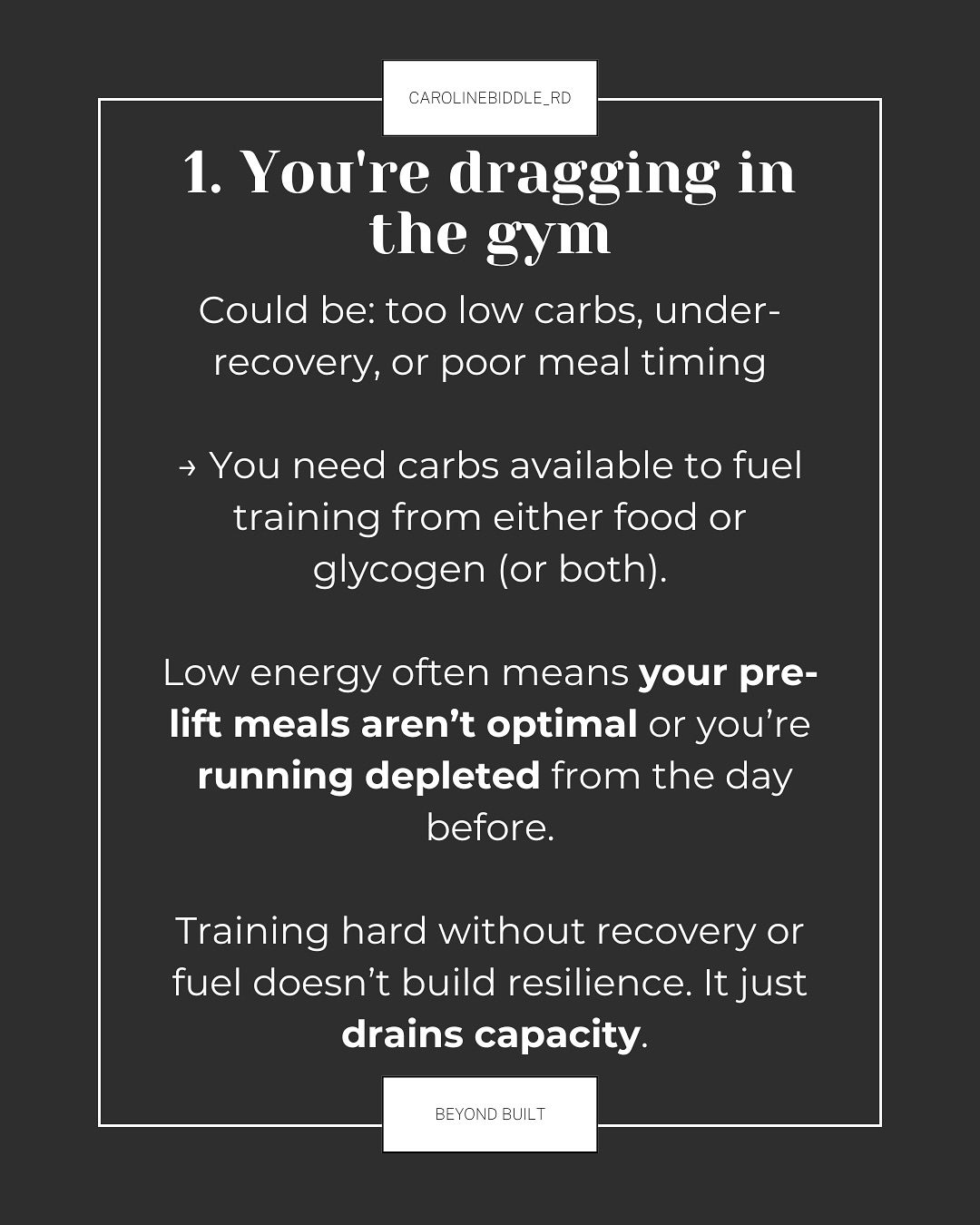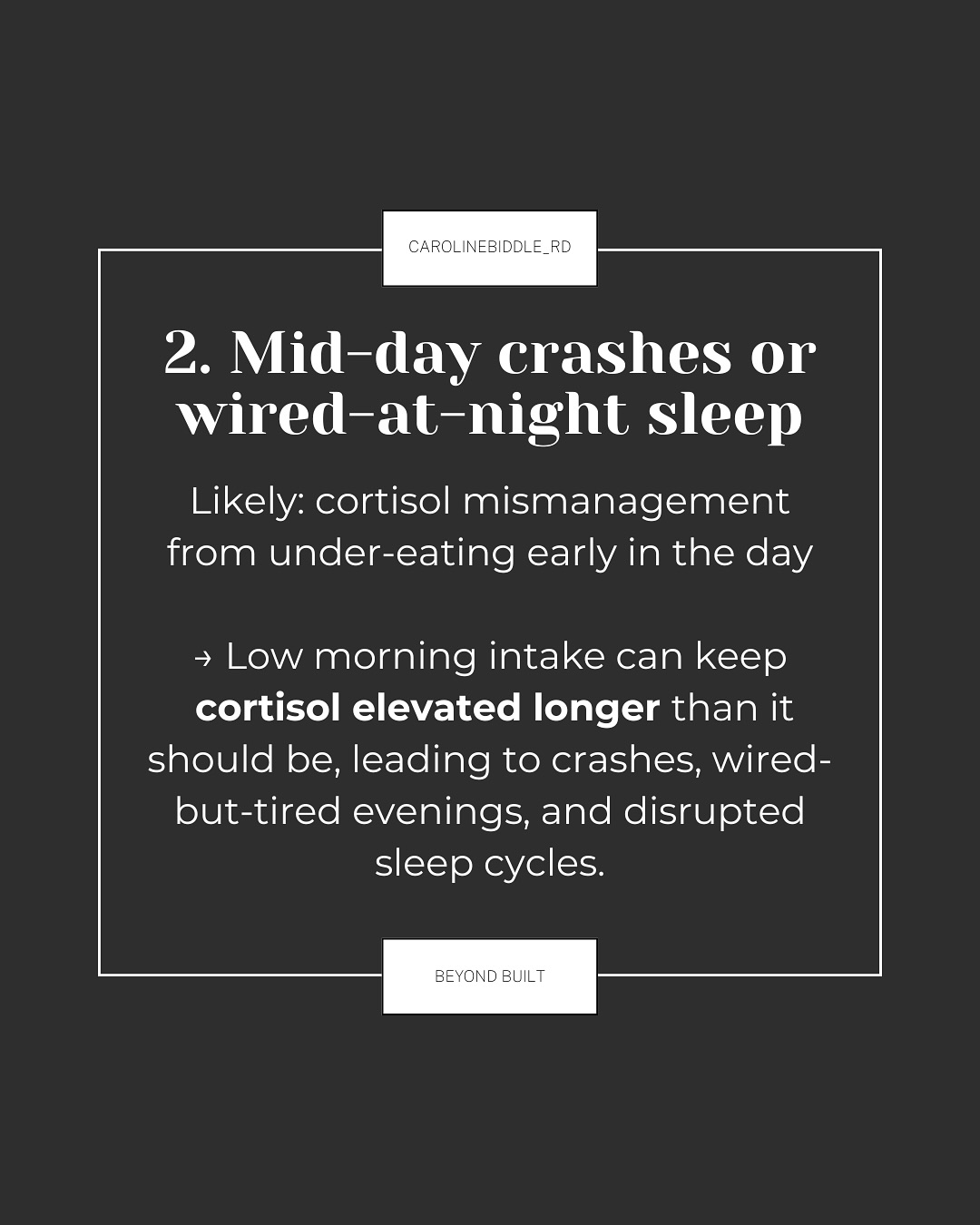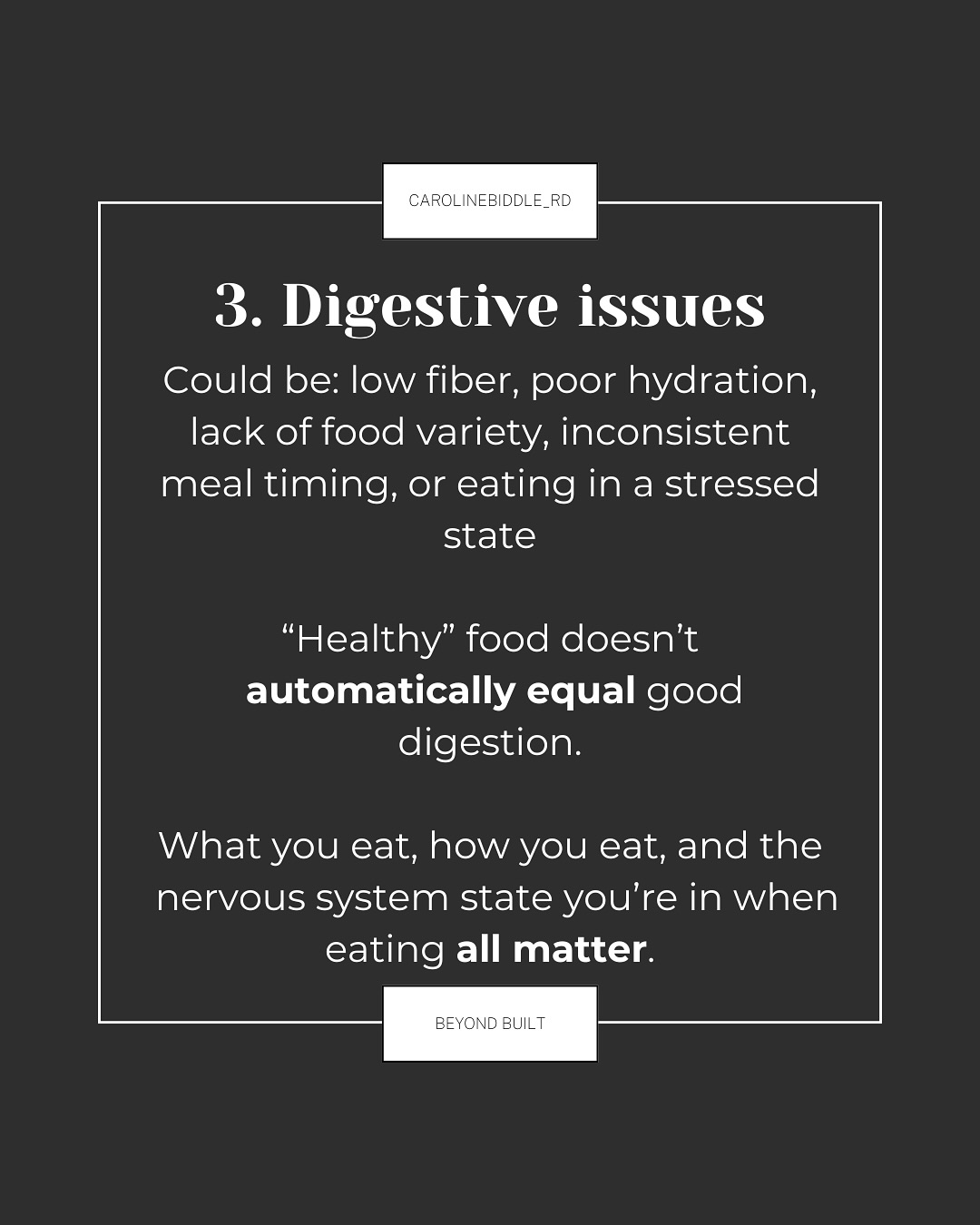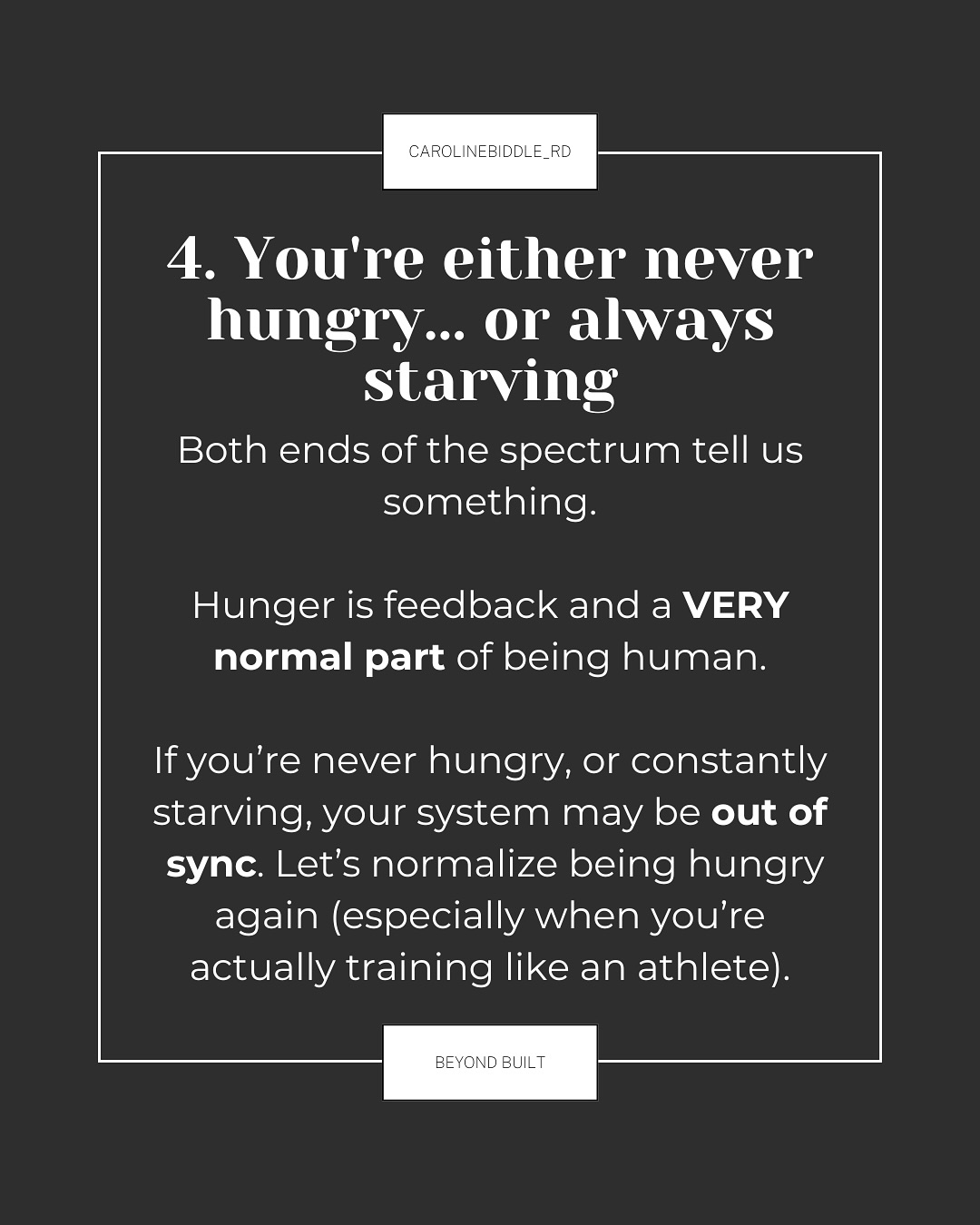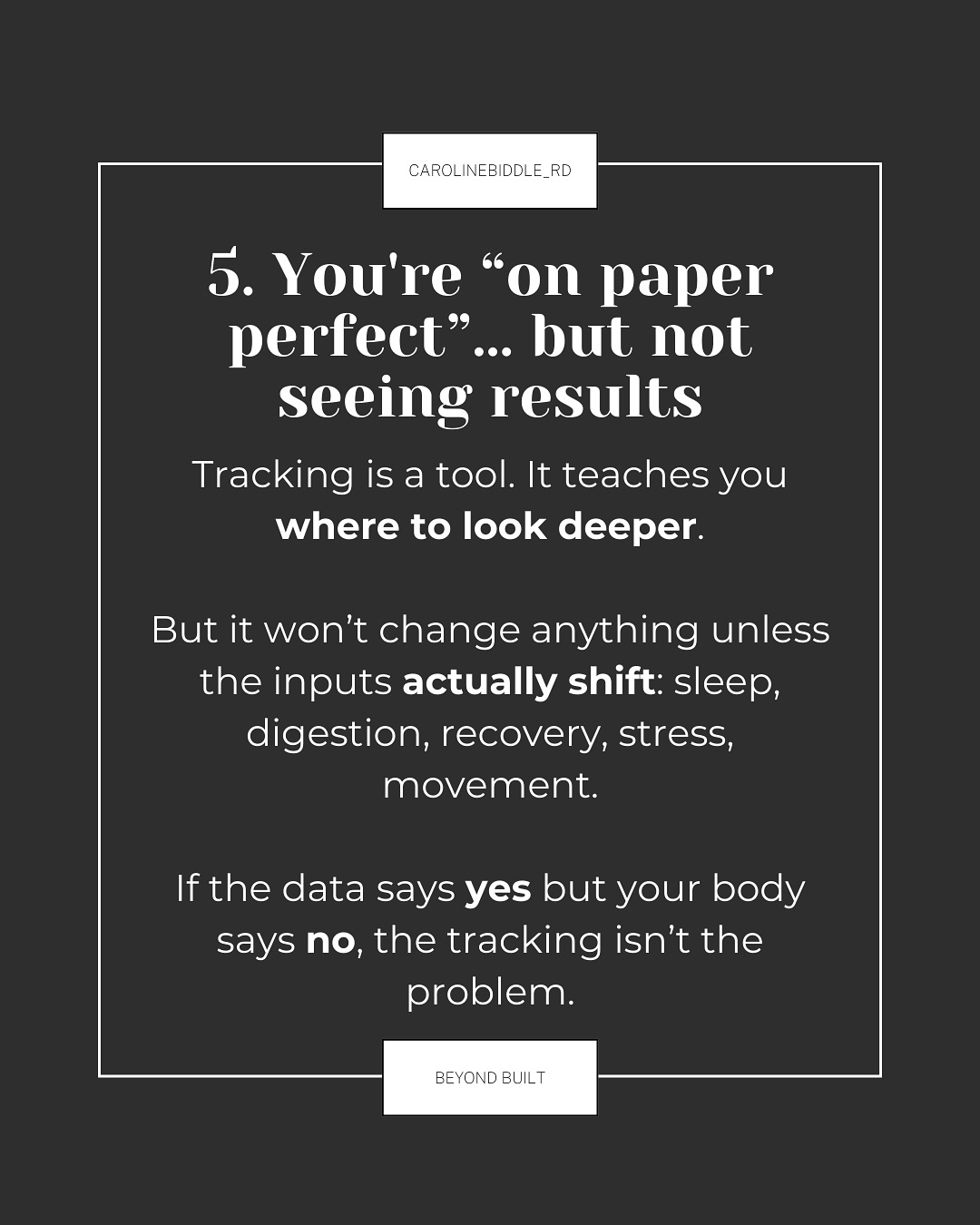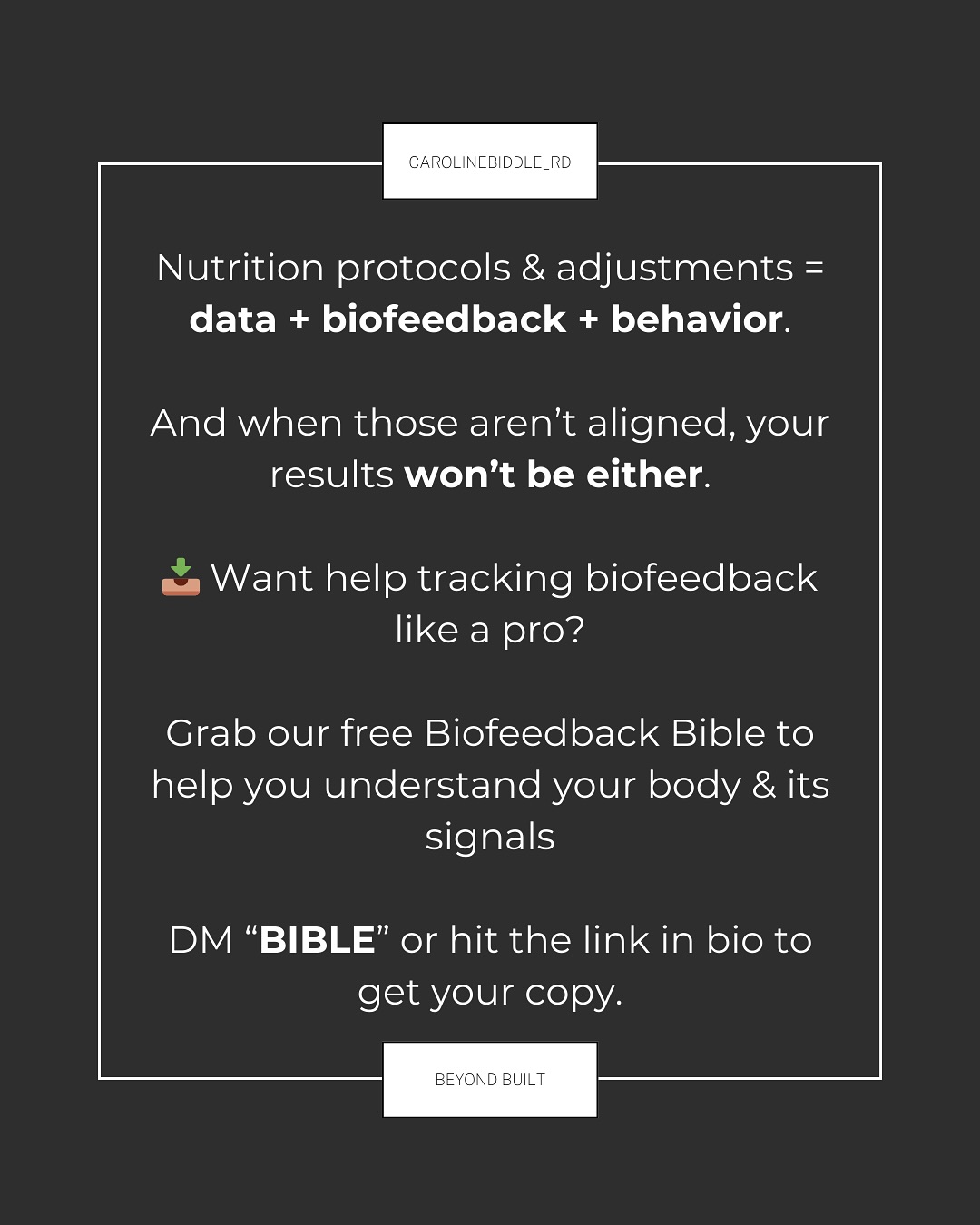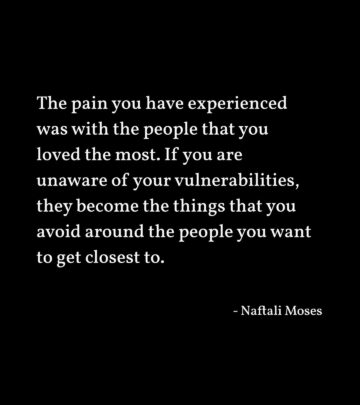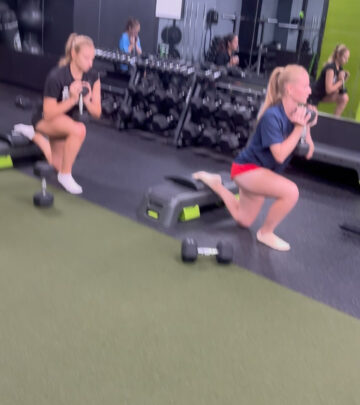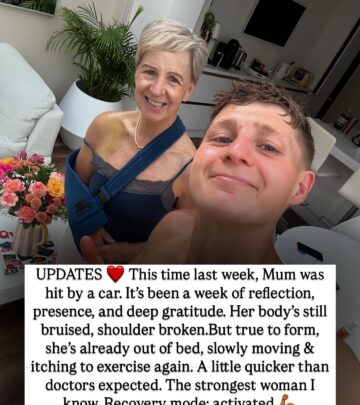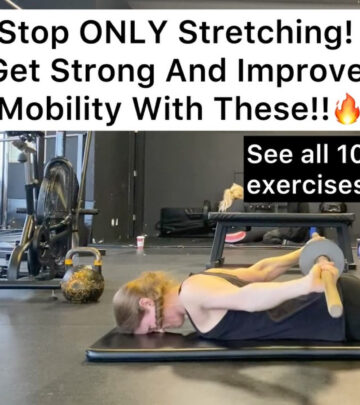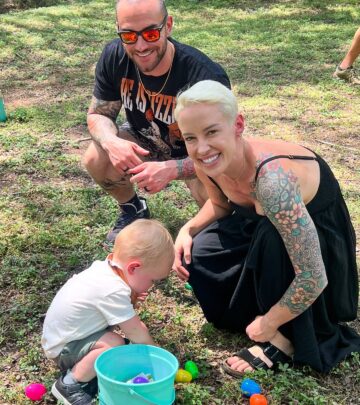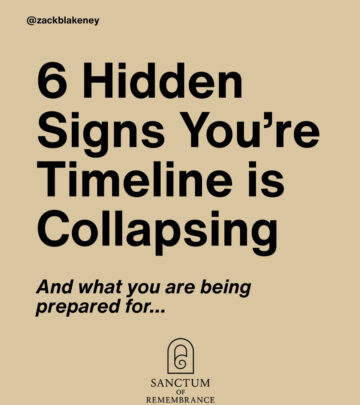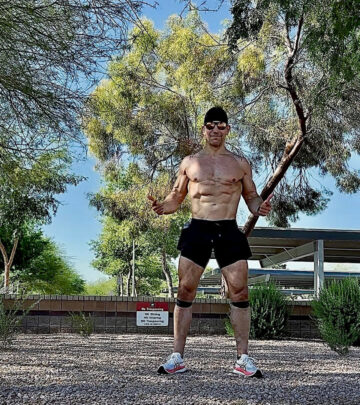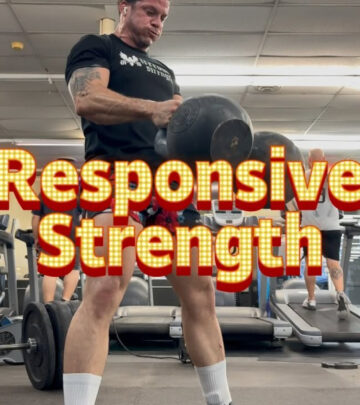Macros Are Just Data; Biofeedback Reveals Truth
Data is only the beginning when your body sends signals beyond numbers - Caroline Biddle!!

Image: Instagram
In today’s fitness landscape, tracking macros has emerged as a popular strategy for those intent on optimizing their nutrition. Yet, as Women’s Health & Fitness Coach Caroline Biddle explains, numbers alone don’t tell the full story. While counting protein, fats, and carbohydrates provides a solid dataset, the body’s true response is revealed when you pay attention to energy levels, sleep patterns, hunger cues, digestion, and overall performance.
Macros Are Just The Beginning
Caroline Biddle, RD, stresses that macro tracking is essential but only the starting point in understanding your body’s unique needs. In a recent social media post, she notes, “Tracking your macros is a powerful tool but it’s not the full picture. You can have perfect numbers and still feel flat in the gym. Still crash by 2 PM. Still hold onto inflammation, digestive issues, or stubborn body fat.” This candid insight points to a growing recognition among fitness enthusiasts that data from macro counts must be paired with real-time biological feedback to craft a truly effective plan.
The concept is simple yet profound: while macros give you the numbers on paper, they fail to account for how your body feels and adapts. As Caroline puts it, “Macros aren’t magic. They’re just data.” Her approach invites athletes, busy professionals, and health enthusiasts alike to look beyond the spreadsheet of nutrients and to listen to what their body is actually telling them.
The Power Of Biofeedback
According to Caroline, biofeedback provides the answers that numbers simply cannot. It encompasses indicators such as energy levels, sleep quality, hunger cues, and digestive well-being. By tracking these markers, individuals can assess whether a nutrition or training plan is genuinely working. For example, if someone is recording impeccable macro numbers yet consistently experiences fatigue, it might be a sign that the strategy requires adjustment beyond simple calorie counting.
This holistic approach has resonated with many in the fitness community. Over the years, coaches and nutrition experts have observed that true transformation happens not just when you hit your dietary numbers, but when you feel energized, rested, and balanced. Caroline’s free Biofeedback Bible—a quick-reference guide detailing the key internal markers one should monitor alongside macros—has become an essential resource for many. The guide encourages users to actively engage with their body’s signals, turning feedback into a powerful tool for sustainable change.
Drawing parallels with similar success stories, one of Caroline’s previous posts showcased the transformation of a client named Cassie. While Cassie began her journey focused solely on hitting macro targets and completing lifts, the process evolved into a comprehensive overhaul of her habits. She learned to prioritize meal prepping, fine-tune her workout form, and, crucially, tune into her body’s signals. Cassie’s story is a vivid example of how embracing biofeedback can propel both personal and professional growth. Her journey underscored that achieving a fit physique isn’t just about dietary restraint—it’s equally about understanding and responding to what your body needs.
Another client shared insights about the subtle differences between losing weight and achieving true body composition changes. The narrative highlighted that while many women experience a reduction in scale numbers, their physique may appear flatter if the body isn’t given cues to build lean muscle. Through tailored biofeedback, these individuals refined their training structure to ensure that fat loss was paired with muscle definition, resulting in a sharper, leaner overall look.
For many followers on Instagram, Caroline’s posts have become a beacon of clarity in a world awash with quick-fix diets and oversimplified training plans. Her method emphasizes that while macro counting is an invaluable starting point, it becomes truly transformative when integrated with keen self‐observation and a responsive training regimen. The free guide—promoted in her posts with an invitation to send a DM with the word “BIBLE”—offers a tangible next step for those ready to go beyond the numbers.
The conversation around macros versus biofeedback is becoming a significant movement in the fitness community. Experts like Caroline are paving the way for a more nuanced approach to nutrition and training—one that prioritizes overall well-being over mere numerical targets. This shift encourages individuals to look at their progress holistically, celebrating the small yet crucial victories like improved sleep quality, better digestion, and enhanced energy levels.
With the digital age ushering in an era where data reigns supreme, it is refreshing to see a perspective that places human experience at its core. Caroline Biddle’s approach not only demystifies the complexities of body optimization but also empowers her audience to take ownership of their health journey. By understanding and applying biofeedback principles, fitness enthusiasts can ensure that their efforts in the gym translate into meaningful, sustained improvements in their everyday lives.
This forward-thinking strategy is resonating widely, inviting everyone—from dedicated athletes to busy professionals—to rethink how they measure success in fitness. Ultimately, the real reward lies not in a perfect macro log, but in feeling energized, balanced, and genuinely well every day.
Read full bio of Joyce



